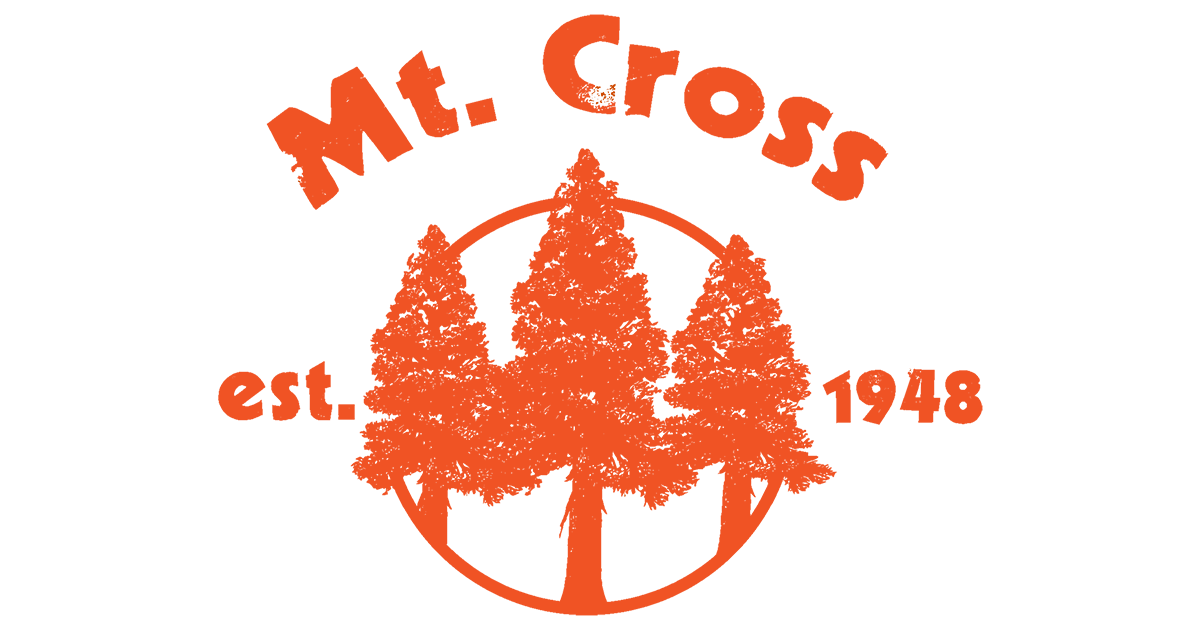A New Tool, an Old Question
Every generation faces new inventions that disrupt life and faith. The printing press, the radio, and the internet all raised fears that they might corrupt or mislead. Yet in God’s hands, these same tools opened new doors for sharing the Word. Artificial Intelligence (AI) is the latest tool to raise the same kinds of questions.
AI is not human. It does not carry a soul, and it does not reflect God’s image. Scripture reminds us that only people are created in God’s likeness (Genesis 1:27). Still, AI is powerful because it shows the creativity and reasoning that come from being created in God’s image. Like fire or electricity, it can be used for good or for harm. The challenge for the church is not whether AI exists, but how we as followers of Jesus will use it.
Biblical Ramifications: Discernment, Wisdom, and Truth
The Bible gives us guidance on how to approach tools we create:
- Seek wisdom: “If any of you lacks wisdom, you should ask God, who gives generously” (James 1:5). AI may give quick answers, but only God gives wisdom.
- Hold to truth: “Each of you must put off falsehood and speak truthfully” (Ephesians 4:25). AI can produce things that look convincing but aren’t true. The church must stay grounded in truth.
- Guard against idols: Israel often turned human creations into idols. The golden calf (Exodus 32) wasn’t evil by itself—it was the misplaced devotion that corrupted it. If we lean on AI without discernment, we risk the same mistake.
We remember together that no tool can replace the Spirit’s guidance in our shared life of faith. What AI can do is assist, much like Paul used letters to reach distant churches or Luther used the printing press to spread the Bible.
Responsible Use in Ministry
So how should a church use AI responsibly? Three principles can guide us:
- Keep Christ at the Center
- Don’t let efficiency replace prayer.
- Use AI for support, not as spiritual authority.
- Test Everything
- “Test all things; hold fast what is good” (1 Thessalonians 5:21).
- Always review what AI creates. Our leaders remain responsible for reviewing and guiding how we use these tools together.
- Protect Relationships
- The church is built on connection (1 Corinthians 12).
- AI should never take the place of pastoral care, fellowship, or discipleship.
Before using AI, it’s worth asking:
- Does this help us serve people better?
- Does it make the Gospel clearer or more confusing?
- Would I feel comfortable telling the congregation that AI helped prepare this?
How a Small Church Can Benefit
- Many small churches have limited staff and stretched volunteers. Here are some ways AI can help lighten the load:
- Administration
- Summarize meeting notes or create draft agendas
- Help manage calendars and reminders
- Draft letters, forms, or even grant applications
- Communication
- Create first drafts of newsletters, bulletins, or emails
- Suggest layouts for flyers or posters
- Translate materials into other languages for outreach
- Discipleship Support
- Generate discussion questions for Bible studies
- Summarize books or resources so they’re easier to use
- Help outline confirmation lessons
- Outreach and Visibility
- Suggest ideas for social media posts
- Design simple graphics that don’t require expensive software
- Create captions or descriptions for videos
For a small congregation, these efficiencies can make a big difference, freeing up time for visiting the sick, mentoring youth, and strengthening community.
Guardrails for the Church
AI also comes with risks. It can misquote Scripture, generate false information, or reflect human biases. Because of this, it cannot be trusted on its own. Guardrails every church should set include:
- Oversight: Always review AI output before sharing.
- Clear Boundaries: Use AI for support tasks, not for writing sermons or replacing prayer.
- Transparency: Be honest about when AI is used. Integrity builds trust.
Proverbs 4:23 says, “Above all else, guard your heart, for everything you do flows from it.” Guarding how we use AI is part of guarding the heart of the church.
A Call to Faithful Stewardship
The strength of the church doesn’t come from keeping up with the latest technology. It comes from staying faithful to Christ. Yet tools like AI can help us manage our time and gifts wisely. The choice is not fear or blind adoption. It is faithful discernment.
Instead of asking, “Will AI change the church?” the better question is, “How can the church show Christ’s love in a world that is changing?”
The Gospel has always advanced when believers used new tools for God’s purposes. May we do the same today—with prayer, humility, and trust that God’s Word remains unshaken.
The ELCA does not yet have a formal social statement on AI, but the Journal of Lutheran Ethics’ August/September 2024 issue urges engaged, informed, and justice-oriented use rather than fear or uncritical adoption. Drawing on existing ELCA guidance about technology and human responsibility, contributors frame people as stewards and “co-creators,” calling churches to learn how AI works, name and resist harms such as bias, racism, sexism, worker exploitation, deepfakes, and consent violations, and pursue transparency, accountability, and fair practices in design and use. The issue encourages congregational study and practical discernment that centers the common good, especially the protection of women and minorities, while recognizing that JLE articles reflect their authors’ views and not official ELCA policy.
You can read more at Journal of Lutheran Ethics
Disclaimer: I serve on the leadership team of New Creation Lutheran Church, but I am not a pastor nor formally trained in theology. I do my best to keep these reflections aligned with the ELCA, our pastor, and the values of our congregation. I also make use of AI in the editing process, helping me find Scripture that supports my thoughts, check formatting and technical details, review tone, confirm general ELCA alignment, and generate SEO metadata, excerpts, and summaries for other platforms. Still, the ideas, message, and responsibility for what is written remain my own. All members are warmly invited to contribute their thoughts as well, whether in response or by sharing their own reflections.
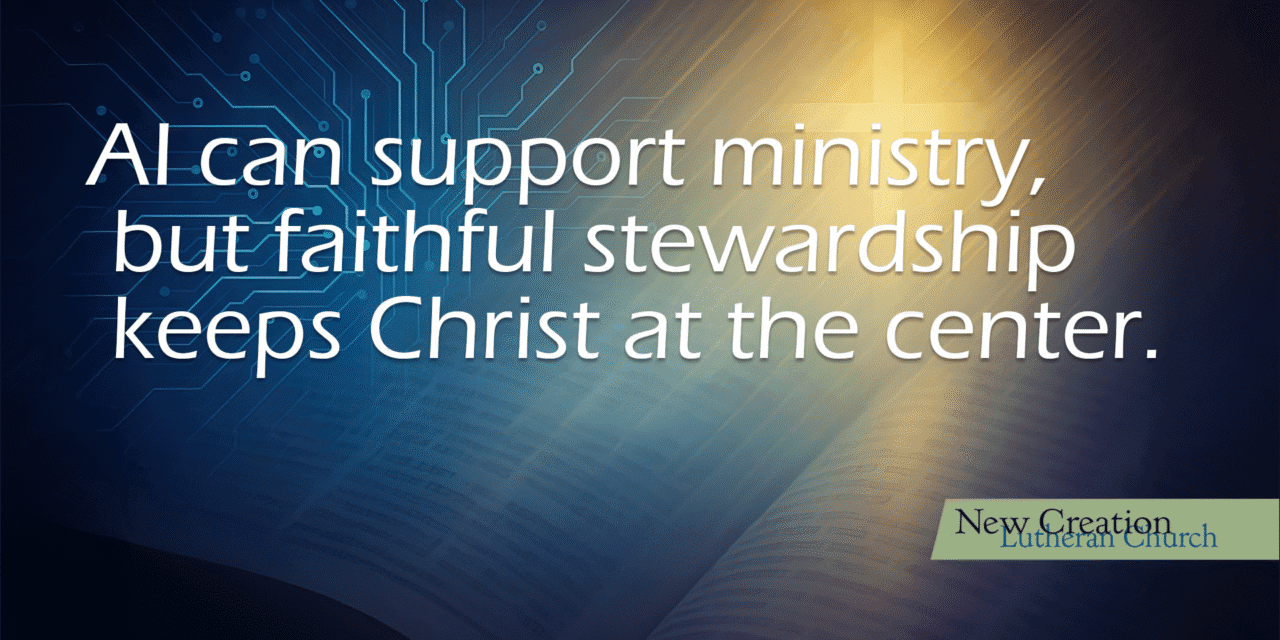


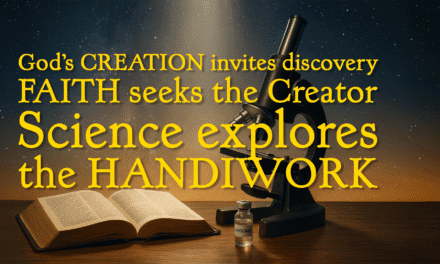
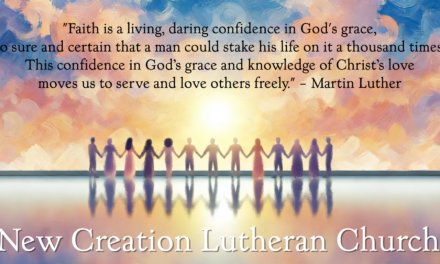


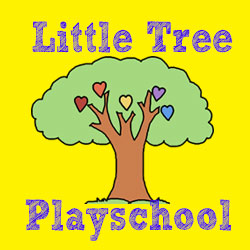
 Our Latest Updates on
Our Latest Updates on
